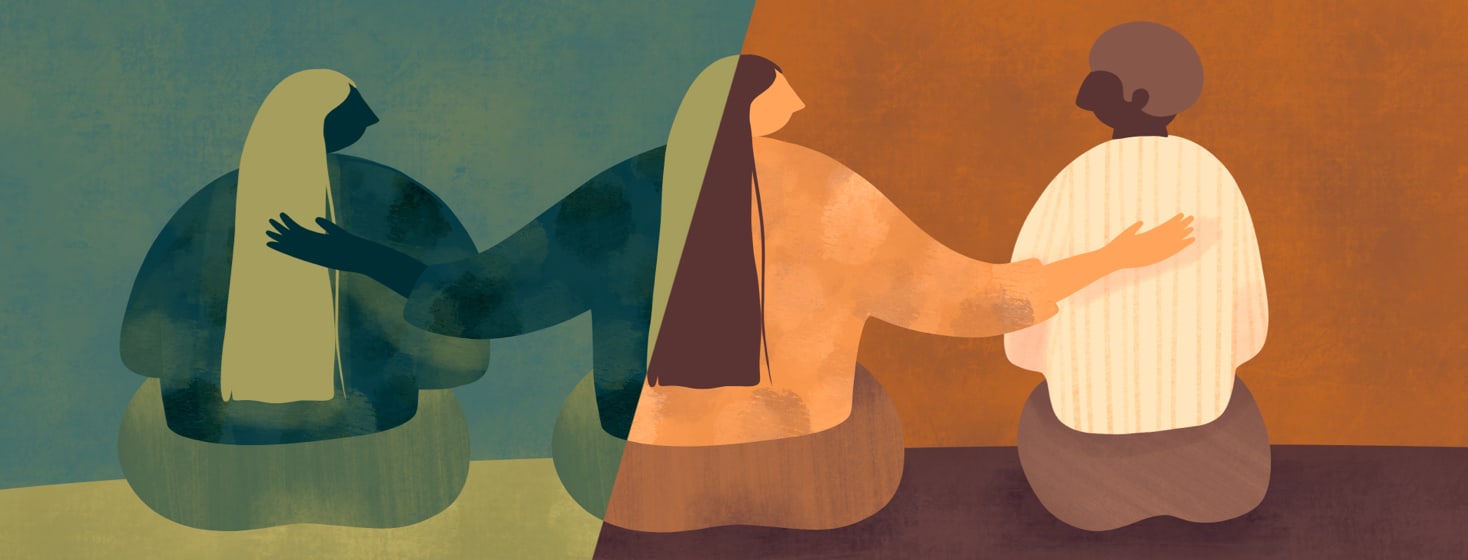Role Reversal and the Patient-Caregiver Relationship
I have been a rare disease patient since my first rare disease diagnosis of familial adenomatous polyposis at age 8. My mother (who has the same rare disease as me), father, and life partner work together to provide care to me when needed.
My father does not require care now, but my mother has started to require some. I didn't realize how much she really needed until I stepped in to help her with her medical care. My partner understands, too, that there may be times when he will need to act as a caregiver to my parents as well.
My first experience with being a caregiver
When my former husband was unexpectedly diagnosed with diabetes, I served as his medical caregiver for the first 6 months until he felt able to manage his diabetes and appointments without my help to such an extensive point.
During the first 6 months, with assistance from the hospital, I was able to get him established with all the necessary primary and specialist providers he needed, schedule his appointments, and attend them with him.
We learned how to count carbs and do sliding-scale insulin. I had not served as a caregiver to anyone before this; it was quite a role reversal for me. Fortunately, as a rare disease patient who is highly involved in my own medical care (as well as having knowledge and tenacity), I am suited to the caregiver role.
This or That
Do you live with a rare disease or care for someone living with a rare disease?
I am in the early stage of caring for my mother
I didn't realize the extent of caregiving my mother needed. I thought she was just as fierce a medical advocate for herself as she has been for me my entire life. She doesn't require someone to arrange or attend all her medical appointments; however, she requires help coordinating and communicating with her medical providers.
She also has been struggling with diabetes, and as a family, my father and I have been attending diabetic dietitian sessions to help her stabilize her diabetes. Since stepping in and taking an active role in her medical care, she has benefited from astonishing improvements in her health and symptoms.
What can we learn from caregivers?
I am beyond fortunate that my mother does not require total caregiving at this time and that my father can provide the majority of her care. I think about how much time is taken from my work hours for my own medical management, and my mother requires even more than I do.
These are not complaining thoughts at all but rather thoughts of astonishment regarding how full-time caregivers manage all that is required of them. What can we learn from them?
Coping with role reversal
It is difficult to walk the line between being a caregiver and helping a patient maintain a sense of independence without feeling burdensome or controlled. For example, sometimes my mother has bucked at my directions, and I've had to put my foot down to keep her on track medically while also attempting to validate her feelings and maintain her independence.
It can be a struggle for patients, too – a difficult role reversal of requiring caregiving assistance but not wanting to feel like a burden on their loved ones.
Respectful and clear communication is vital for all parties in whatever role one may have: patient, caregiver, or both. Let's keep in mind that neither role is easy.

Join the conversation